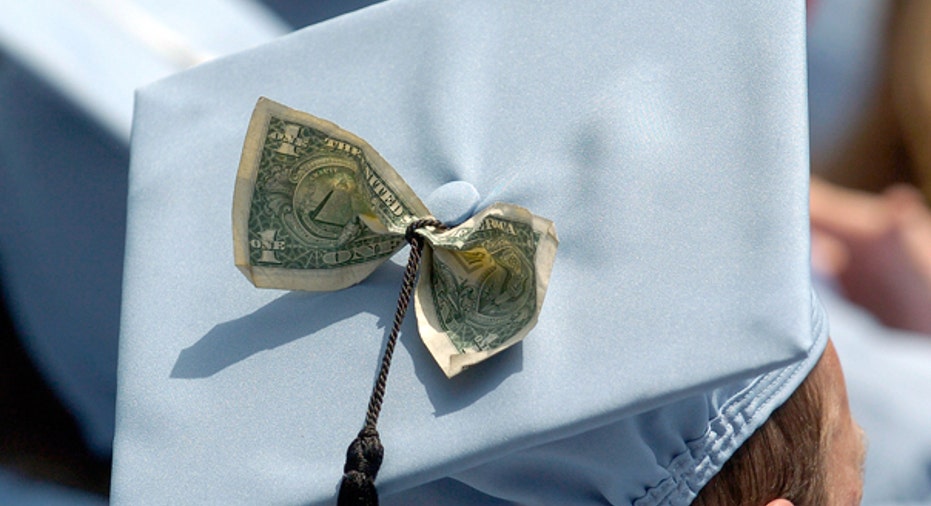Did the College Textbook Bubble Burst?

Parents and students are often left feeling the pains of sticker shock after writing a college tuition check, but they’re in for another financial blow when it comes time to pay for textbooks.
The cost of college textbooks have been on a steady rise over the last several years, leaving some experts worried they’re the next bubble to burst.
Judging by inflation rates, they just might be. According to the American Enterprise Institute, textbook costs have increased by more than 142%, compared to a 44% increase in consumer prices in general from January 1998 to July 2013. What’s more, the price increase for recreational textbooks has been only 1.6%.
AEI reports that adjusted for inflation, these books have increased in price by nearly 100%, while recreational book prices have fallen by more than 40%. The trend is being driven by upward trends in overall college costs, the institute reports.
The numbers are staggering, but some experts say the bubble has already burst.
“We are past peak book prices,” says Richard Baraniuk, Rice University professor and director of OpenStax College, a nonprofit organization that develops and has educators review textbooks that are offered for free to students. “And if you look at recent surveys, nearly seven in 10 students are no longer purchasing college textbooks, and that means the marketplace is starting to turn away from that price model.”
Baraniuk says new models will begin emerging on how students use textbooks—whether they went, read online or electronically or share--and that publishers will also have to adjust.
“It’s not just selling a book anymore,” he says. “It’s marketing and building a product around a book.”
Frederick Hess, director of Education Policy at AEI, says the bubble has paved the way for more open access content, and students are now adapting.
“It’s not much different for students than what their parents are experiencing with newspapers,” Hess says. “It’s a steady erosion; like the music industry from 1995 to 2005. You are seeing people read papers less, continuing reading online, and it’s not like the bottom has fallen out yet. It’s a mix-and-match at some schools, certain schools are procuring more technology, but some districts won’t replace textbooks.”
For college students, power will be returning to publishers, as students may not be able to buy used textbooks anymore, if reliance on technology becomes heavier. But both Baraniuk and Hess agree the move may benefit students and stabilize pricing.
“I think it’s a good thing, because rather than having prices continue to rise, [open access] is lowering costs and increasing access,” Baraniuk says.



















